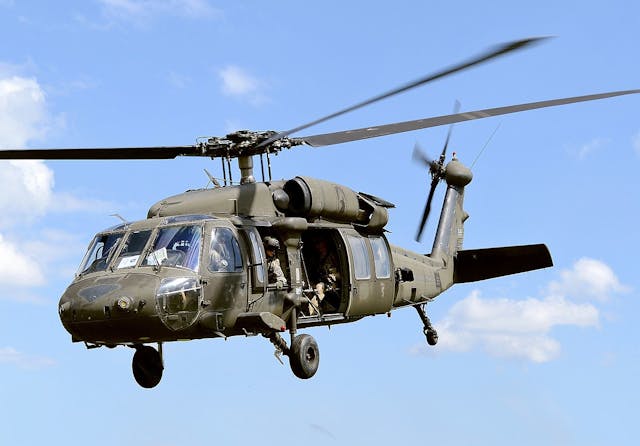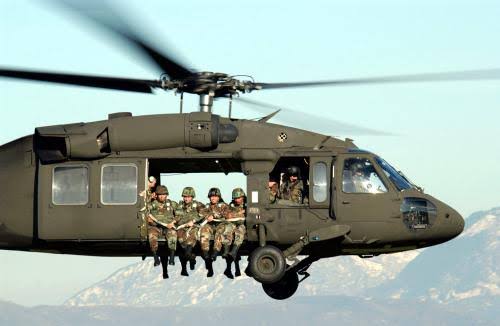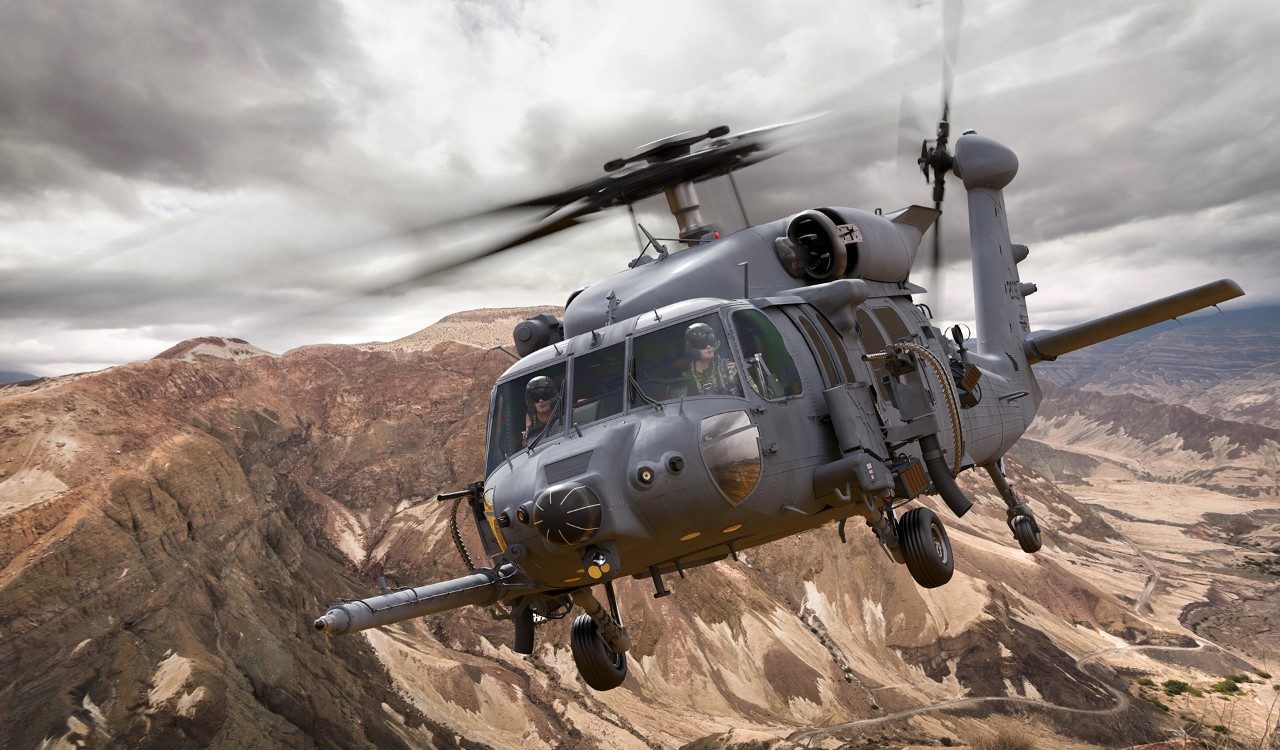Upkeep and Maintenance for UH 60 Helicopters
Upkeep and Maintenance for UH 60 Helicopters
Blog Article
The Impact of Lasting Practices on the Future of Airplane Procedures and Emissions Decrease
As the air travel market faces enhancing scrutiny over its ecological effect, the adoption of sustainable techniques arises as a critical path towards future airplane operations and emissions decrease. Innovations in sustainable aeronautics gas and advancements in crossbreed propulsion innovations stand at the leading edge of this transformation, appealing significant decreases in greenhouse gas emissions. The effective combination of these campaigns hinges on a variety of aspects, including governing structures and industry partnership. The inquiry stays: just how will these evolving practices reshape the characteristics of air travel and add to an extra lasting future?

Overview of Sustainable Practices
Sustainable practices in aircraft operations encompass a series of techniques aimed at lowering environmental influence while maintaining operational efficiency. These practices are essential in the aviation industry's dedication to decreasing its carbon impact and sticking to worldwide environmental requirements. Secret efforts include maximizing flight courses to reduce gas usage, enhancing upkeep methods to make sure airplane run at peak effectiveness, and applying sophisticated modern technologies such as winglets and light-weight materials that boost the rules of aerodynamics.

Training and engaging personnel on sustainability techniques likewise play a crucial function, promoting a culture of environmental responsibility within companies. On the whole, the integration of these sustainable methods not only helps minimize emissions however likewise enhances the long-term stability of the aeronautics market, guaranteeing it fulfills the demands of both clients and regulatory bodies while adding to global sustainability goals.
Cutting-edge Gas Alternatives
Numerous ingenious gas alternatives are emerging as critical services to lower the air travel market's reliance on typical fossil fuels. Amongst these options, Lasting Air travel Fuels (SAFs) have actually gained considerable attention as a result of their prospective to reduce lifecycle greenhouse gas discharges by as much as 80% contrasted to traditional jet gas. SAFs are obtained from numerous feedstocks, including waste oils, farming deposits, and also algae, making them a versatile option for the market.
Another appealing choice is hydrogen fuel, which, when utilized in gas cells, generates just water vapor as a by-product. This zero-emission prospective presents a considerable possibility for decarbonizing trip procedures, especially for short-haul trips and regional aircraft. Additionally, electrical propulsion systems are being discovered, leveraging battery innovation to power airplane. While current battery capability limitations range and payload, recurring advancements might quickly make electrical flights practical for particular applications - uh 60.
Last but not least, biofuels stemmed from biomass are being explored, using a sustainable option that can be combined with conventional gas. Jointly, these ingenious fuel alternatives represent a critical step toward achieving a lasting aeronautics environment, aligning with global exhausts reduction targets and boosting the market's environmental stewardship.
Technical Developments in Air Travel

Exactly how can technical innovations improve the future of aeronautics? Innovations such as hybrid and electrical propulsion systems are at the leading edge, promising substantial decreases in gas intake and greenhouse gas discharges.
Additionally, the execution of sophisticated products, such as lightweight composites, contributes to enhanced the rules of aerodynamics and fuel effectiveness. The usage of fabricated intelligence and artificial intelligence in trip operations maximizes path planning and reduces gas burn by allowing real-time changes based on weather condition and website traffic problems. Furthermore, the growth of independent and from another location piloted airplane systems stands to reinvent freight and guest transportation, possibly enhancing efficiency while minimizing human mistake.
Moreover, sustainable aviation modern technologies, consisting of sophisticated air web traffic administration systems, can minimize and streamline operations blockage, causing reduced emissions during flight. These advancements jointly represent a paradigm change in air travel, assuring a future where sustainability and operational effectiveness are intertwined, therefore sustaining the sector's commitment to minimizing its ecological effect.

Regulative Framework and Conformity
Due to the expanding emphasis webpage on ecological stewardship within the aeronautics industry, the regulative structure governing aircraft operations is evolving to advertise lasting practices. Regulatory bodies, such as the International Civil Aviation Organization (ICAO) and various national aeronautics authorities, are presenting rigid guidelines aimed at decreasing exhausts and enhancing operational performance.
These guidelines typically include the fostering of Lasting Aviation Fuel (SAF), which has actually been identified as a vital part in achieving reduced carbon impacts. Moreover, conformity with these policies requires airline companies to apply functional techniques and advanced innovations, such as enhanced flight courses and boosted air website traffic administration, to minimize gas usage.
Furthermore, the enforcement of discharges trading schemes and carbon countering campaigns is ending up being progressively common, engaging airline companies to keep an eye on and report navigate to this site their exhausts accurately. Non-compliance can cause substantial fines, therefore pushing drivers to focus on sustainability in their company versions.
Eventually, the advancing regulatory landscape not just drives advancement and investment in eco-friendly modern technologies but also fosters a culture of accountability within the air travel market. As these frameworks remain to establish, the focus on lasting methods will certainly be integral to achieving the field's long-lasting ecological objectives.
Future Trends in Aircraft Procedures
As the aviation sector adapts to an increasingly rigorous governing environment, future patterns in airplane operations are established to concentrate on innovative remedies that even more boost sustainability and effectiveness - uh 60. Secret developments will likely include the adoption of advanced air website traffic administration systems, which utilize real-time data and synthetic knowledge to optimize trip courses, reducing gas intake and exhausts
An additional substantial fad look at here now is the increased combination of sustainable aeronautics fuels (SAFs) These alternatives to traditional jet fuel, originated from eco-friendly sources, can substantially lower lifecycle greenhouse gas exhausts. The sector's dedication to SAFs will likely increase as airlines work together with gas producers to make certain availability and cost-effectiveness.
In addition, the push in the direction of electrification and hybrid propulsion systems is getting momentum. Emerging aircraft layouts will certainly integrate these modern technologies, supplying quieter and much more efficient procedures, specifically for short-haul trips.
Verdict
The fostering of sustainable aviation gas, coupled with developments in hybrid and electric propulsion systems, is important for minimizing lifecycle greenhouse gas exhausts. Enhancing flight paths and accepting ingenious modern technologies contribute to a quieter and extra eco friendly aviation market.
Developments in sustainable air travel gas and improvements in hybrid propulsion technologies stand at the leading edge of this transformation, appealing substantial reductions in greenhouse gas exhausts.Numerous ingenious gas choices are emerging as critical options to reduce the aeronautics industry's dependence on traditional fossil fuels - uh 60. Amongst these options, Sustainable Aviation Gas (SAFs) have obtained considerable interest due to their prospective to reduce lifecycle greenhouse gas discharges by up to 80% compared to conventional jet fuels.One more considerable trend is the boosted combination of sustainable aeronautics fuels (SAFs) The fostering of lasting aviation gas, combined with advancements in electrical and hybrid propulsion systems, is important for lessening lifecycle greenhouse gas exhausts
Report this page